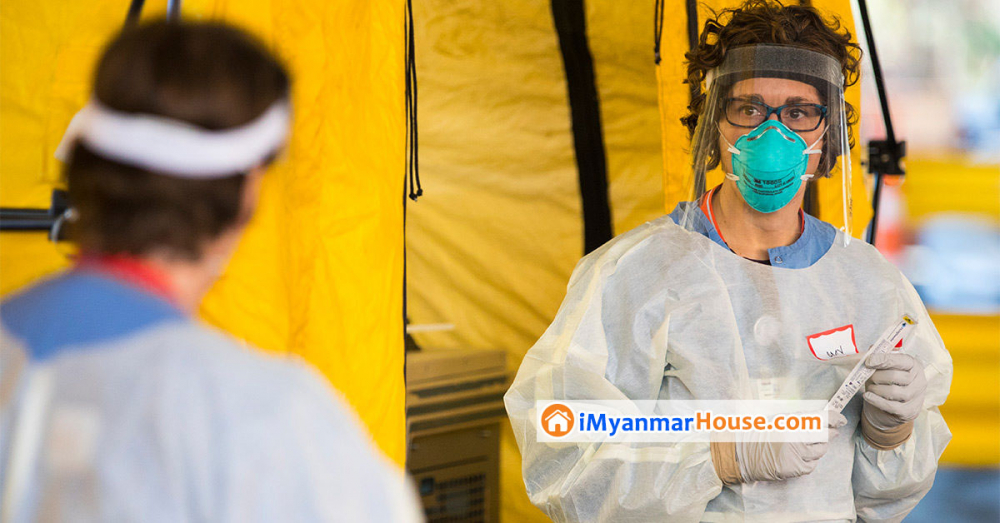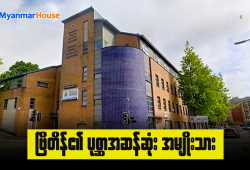
Foreign Property News | Posted by Aye Myat Thu
Scientists are working to discover all they can about the behaviours of the COVID-19 coronavirus, from how it manifests itself in the body to how it spreads between people.
The scale of scientific research into the virus is "unprecedented," immunologist Prof Luke O'Neill told Euronews. "We have a huge amount of knowledge about various aspects," he said.
A key question that has dominated discussion is whether a person can be infected more than once by the virus. So, what do we know?
"We don't fully know"
"That's the really important question and the answer is that we don't fully know, is the truth," Prof O'Neill said.
* The World Health Organization (WHO) says we don’t have enough evidence to understand if and why some people may experience reactivation after recovery.
* We need more data to determine if and why the virus may be having a flare-up in some infected people.
* But we may discover it’s all tied back to the functionality of each person’s immune system.
South Korea recently reported that a significant number of people with COVID-19Trusted Source have tested positive, then tested negative, only to test positive and experience symptoms, like fever, cough, sore throat, and fatigue, again.
Health officials in South Korea say it’s unlikely these patients got reinfected with COVID-19 a second time since they’re testing positive for a second time so soon, but rather that some people with COVID-19 may be experiencing a viral reactivation.
Health experts in the United States don’t think a reactivation of COVID-19 is likely since we’ve never observed viral reactivation in other coronaviruses.
It could very well be that the virus never left their system. It lingered, and they were never fully cured of the disease, and that’s what the subsequent COVID-19 tests are catching.
The World Health Organization (WHO) says we don’t have enough evidence to understand if and why some people may experience reactivation after recovery.
It’ll take time, and a lot of research, before we have a clear picture of the virus’s behavior.
“The truth is that we don’t exactly understand the dynamics of how people who test negative after initial infection end up testing positive again. We need more studies to clarify this observed phenomenon,” says Dr. Robert Glatter, an emergency physician at Lenox Hill Hospital in New York City.
It’s most likely not a reactivation, but a resurgence
Dr. Benjamin Neuman, a virologist and the head of the biology department at Texas A&M University-Texarkana, believes it’s not so much a reactivation of the virus as it is a resurgence.
Neuman thinks people are probably “being discharged with some virus still in them, and then the disease returns.”
Ref: euronews+healthline









